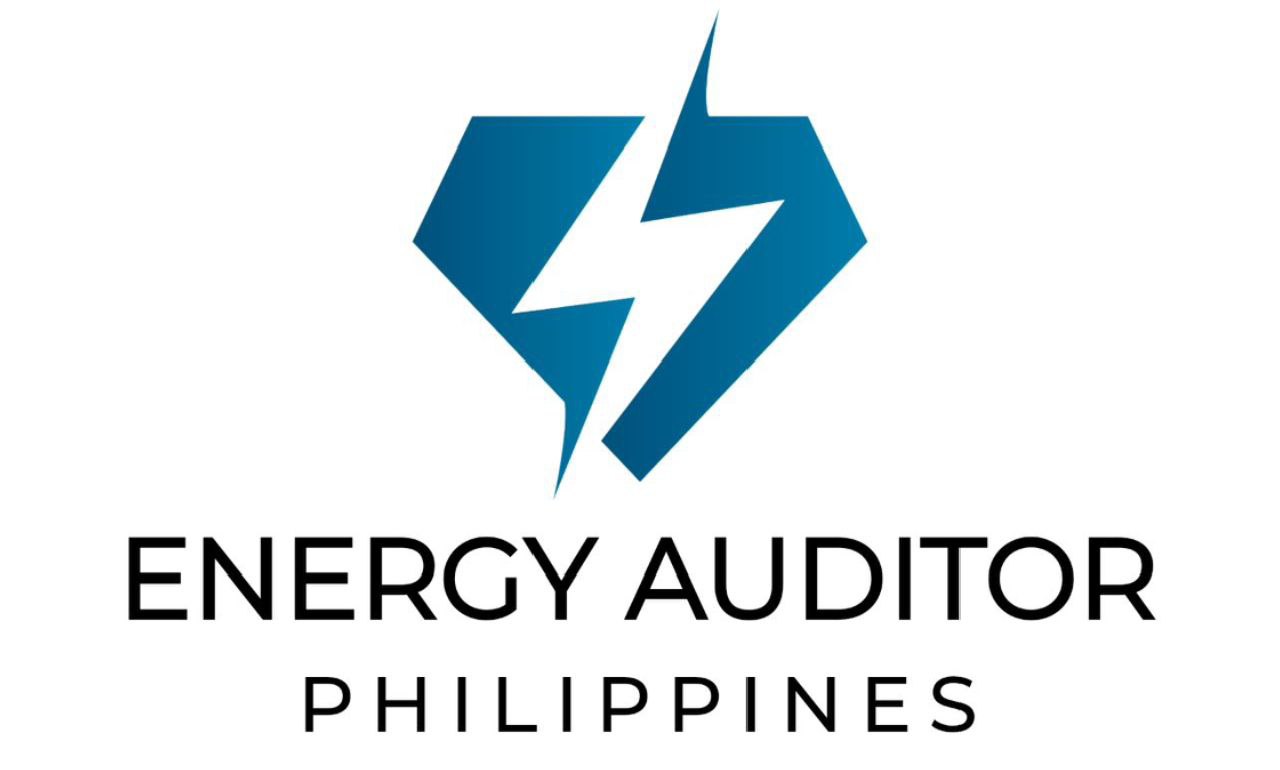Energy Audit Level 1 represents more than just a regulatory requirement; it serves as a catalyst for sustainable development and environmental stewardship. This article delves into the multifaceted economic and environmental implications of energy audits, particularly Energy Audit Level 1, highlighting their pivotal role in fostering resource conservation, driving cost savings, and mitigating environmental impact.
Driving Economic Growth: Energy Audit Level 1 plays a crucial role in driving economic growth by optimizing resource allocation and enhancing productivity. By identifying energy wastage and inefficiencies, organizations can implement targeted measures to reduce operational costs and improve profitability. Moreover, the cost savings derived from energy audits can be reinvested in innovation, infrastructure development, and human capital, stimulating economic activity and fostering long-term prosperity.
Fostering Innovation and Competitiveness: Energy audits spur innovation and technological advancement by incentivizing organizations to adopt energy-efficient practices and technologies. Through Energy Audit Level 1, businesses are encouraged to explore alternative energy sources, invest in renewable energy technologies, and develop sustainable business models. This culture of innovation not only enhances the competitiveness of individual organizations but also drives industry-wide progress towards a more sustainable and resilient economy.
Promoting Resource Conservation: At the heart of Energy Audit Level 1 lies a commitment to resource conservation and environmental sustainability. By assessing energy consumption patterns and identifying opportunities for optimization, organizations can minimize their environmental footprint and reduce reliance on finite resources. Whether through energy-saving measures, waste reduction initiatives, or the adoption of renewable energy solutions, energy audits empower businesses to play a proactive role in conserving natural resources and safeguarding the environment for future generations.
Mitigating Climate Change: Energy audits contribute to global efforts to mitigate climate change by reducing greenhouse gas emissions and promoting low-carbon development pathways. By optimizing energy efficiency and transitioning towards renewable energy sources, organizations can significantly reduce their carbon footprint and mitigate the adverse impacts of climate change. Moreover, the cumulative effect of energy audits across industries and sectors has the potential to drive systemic change and accelerate the transition to a low-carbon economy.
Enhancing Corporate Social Responsibility: Energy audits align with corporate social responsibility (CSR) objectives by demonstrating a commitment to environmental stewardship and sustainable business practices. By voluntarily undertaking Energy Audit Level 1, organizations signal their dedication to transparency, accountability, and ethical conduct. Moreover, the positive economic and environmental outcomes of energy audits enhance brand reputation, foster stakeholder trust, and position businesses as responsible corporate citizens in the eyes of consumers, investors, and regulators.
Conclusion: In conclusion, Energy Audit Level 1 holds immense potential to drive positive economic and environmental outcomes, making a compelling case for its widespread adoption. By leveraging energy audits as strategic tools for sustainable development and resource conservation, organizations can unlock new opportunities for growth, innovation, and competitive advantage. As we navigate the complex challenges of the 21st century, let us recognize the transformative power of Energy Audit Level 1 in shaping a more prosperous, resilient, and sustainable future for all.










































